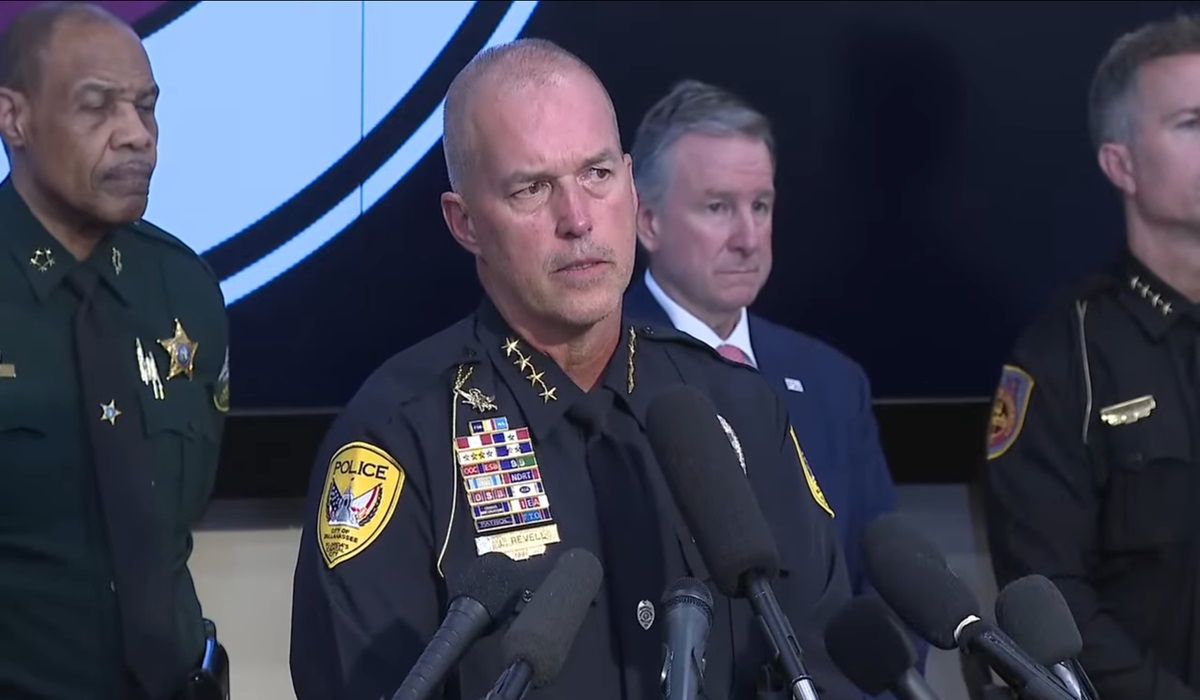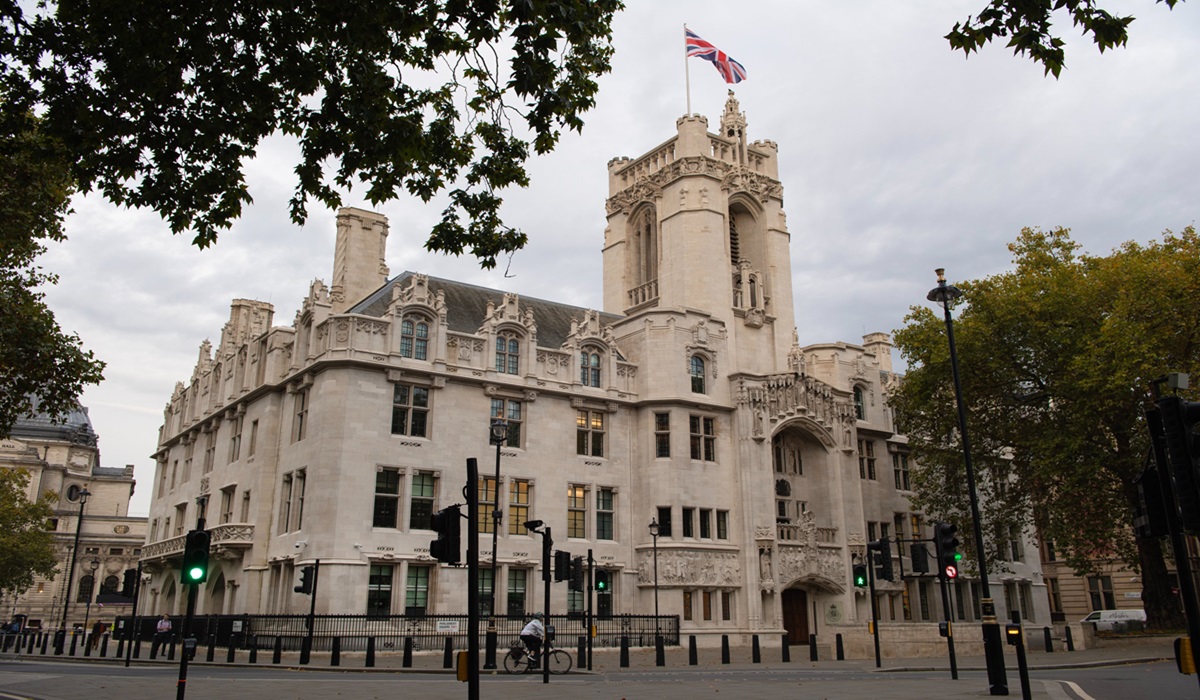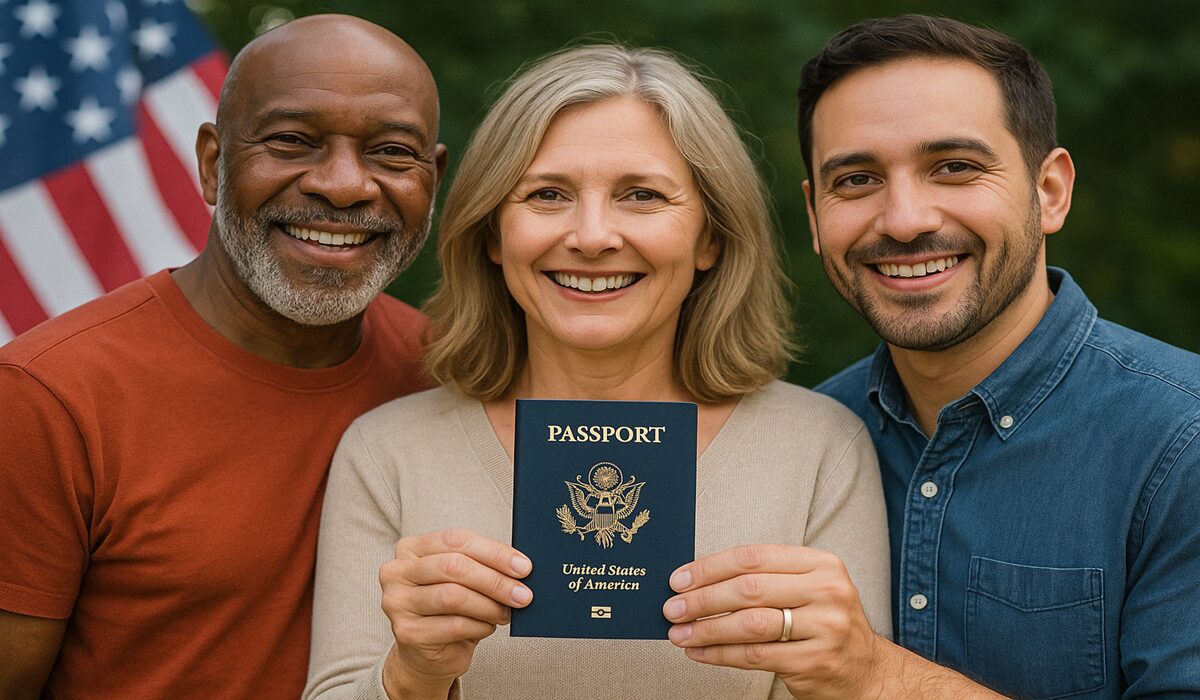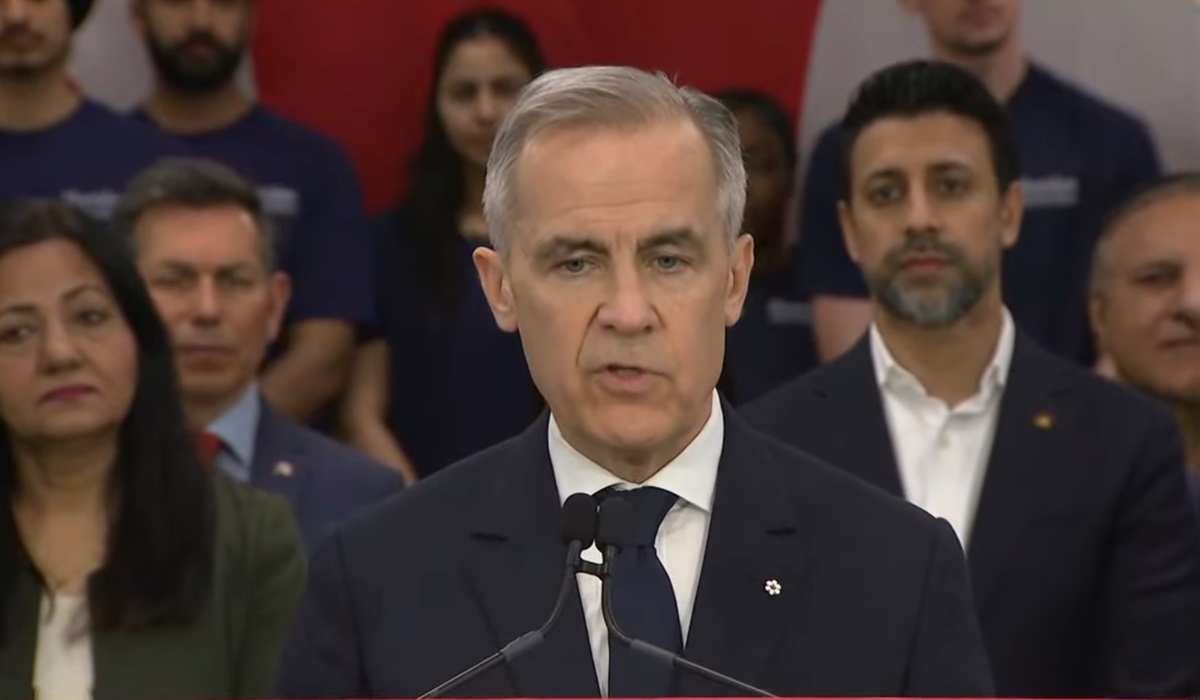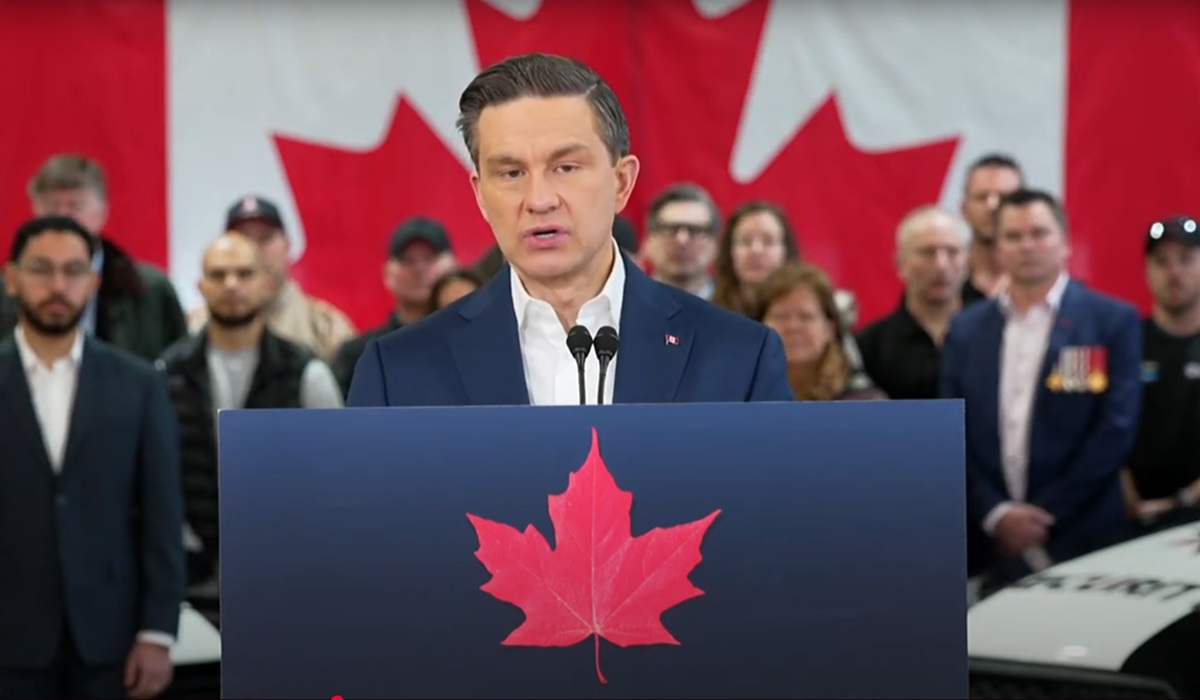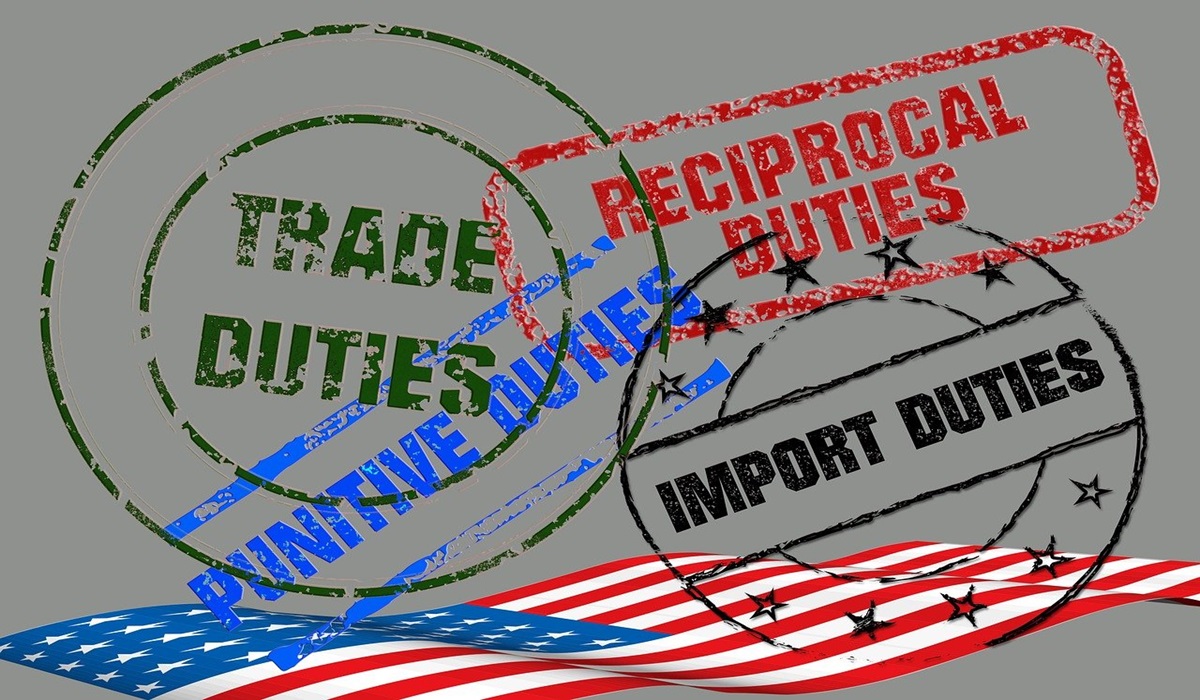Election Supremacy, Media Bias, and the Fading Line Between Truth and Influence
- TDS News
- Breaking News
- April 13, 2025
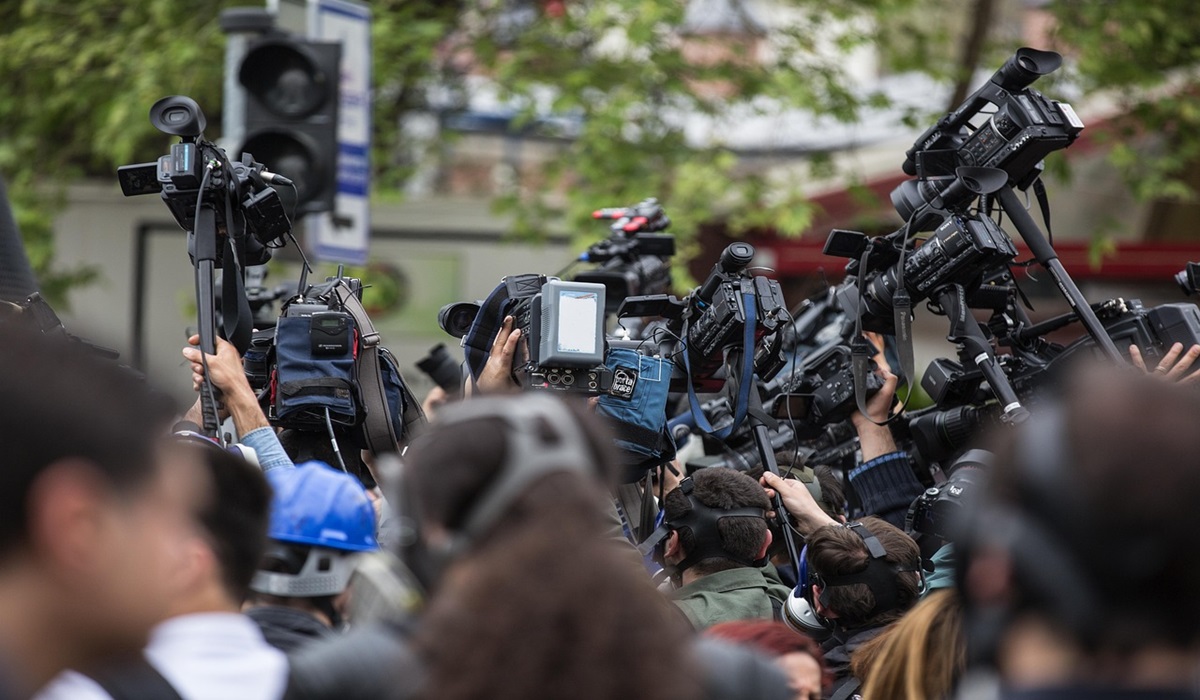
Engin Akyurt
In a world where every vote supposedly counts, the truth is that every narrative counts more. Elections today are not just decided at the ballot box—they are preordained in newsrooms, curated on airwaves, and pushed through digital feeds long before a single vote is cast. This is the age of election supremacy, not by the electorate, but by the media that shapes what the electorate sees, hears, and ultimately believes.
We often hear it thrown around—left-leaning media, right-leaning media, state-funded media that claim to be neutral but often parrot power. And then there are the bold actors that don’t even pretend—pundits and platforms that brazenly tell you their opinion is truth, and anything else is a lie designed to destroy the world you know. So who’s right? Who’s wrong? And more importantly—what even is truth anymore in the realm of political reporting?
To understand this mess, we have to start with the environment that enables it. No media outlet, no matter how noble its founding documents may be, is entirely insulated from pressure. Whether it’s government grants, billionaire backers, or advertisers demanding engagement above integrity, the bills have to get paid. And when the business of media collides with the principles of journalism, the truth is often the first casualty.
Media organizations don’t exist in a vacuum. They’re shaped by cultural forces, ideological leanings, and yes, cognitive dissonance—the uncomfortable truth that even journalists are human. We all have blind spots. And when those blind spots align with power, privilege, or political expediency, objectivity becomes less a standard and more a slogan.
That doesn’t make every journalist a villain. In fact, many of us entered this profession with the intention of holding power accountable. But here’s where the trap is laid: the more lies you see, the more you feel the need to speak the truth. And in that process, you inevitably begin to take sides—not because you wanted to, but because you had to. At least that’s what you tell yourself. You justify it under the banner of public interest, of moral clarity, of truth-telling. But at some point, your reporting stops being neutral and starts becoming advocacy. And that’s where the line blurs, and stays blurred.
The problem isn’t just the existence of bias—bias is a natural part of being human. The real issue is the lack of transparency about it. Outlets pretend neutrality while pushing ideology. Opinion is disguised as analysis. State broadcasters claim independence while quietly backing those who control the purse strings. And commercial networks pump out sensationalism not because it’s right, but because it sells.
So is there such a thing as 100% non-partisan news? The short answer: no. Not in the traditional sense. Every story is framed by someone. Every headline is a choice. Every omission is a judgment call. Even facts, when selectively arranged, can lead readers toward one conclusion over another.
This brings us to the core of the dilemma—if truth is filtered, framed, and finessed, what does responsible journalism even look like in this landscape? Maybe it starts with radical honesty. Not pretending to be above the fray, but admitting where you stand and letting your audience evaluate you with full knowledge of your perspective. Maybe it means owning your biases while still striving to be fair. Maybe it means less proclaiming and more probing.
And maybe—just maybe—it’s about turning the mirror inward and asking the hard question: Are we amplifying truth, or are we becoming part of the noise? If our job is to inform, not to indoctrinate, then we have to walk the tightrope between commentary and clarity with more care than ever before. Because once you pick a side, even in the name of truth, you risk becoming what you were supposed to challenge.
Elections are no longer just about candidates. They’re about narratives, and whoever controls the narrative controls the outcome. That’s not democracy—it’s theater. And in that theater, the media has become both the playwright and the lead actor, often forgetting that the audience—our readers, our citizens—deserve something far better than manufactured outrage or filtered facts.
There is no going back to a time of pure, unfiltered, bias-free journalism. That world never truly existed. But we can move forward by acknowledging the influence we wield, the responsibility we carry, and the ethical minefield we walk through every time we hit publish. If the media is going to shape elections, let it do so with integrity, not manipulation. Because in the end, the truth isn’t just a casualty of bias—it’s a victim of silence, omission, and cowardice. And if we can’t tell the difference anymore, then we’ve already lost the very thing democracy depends on.

